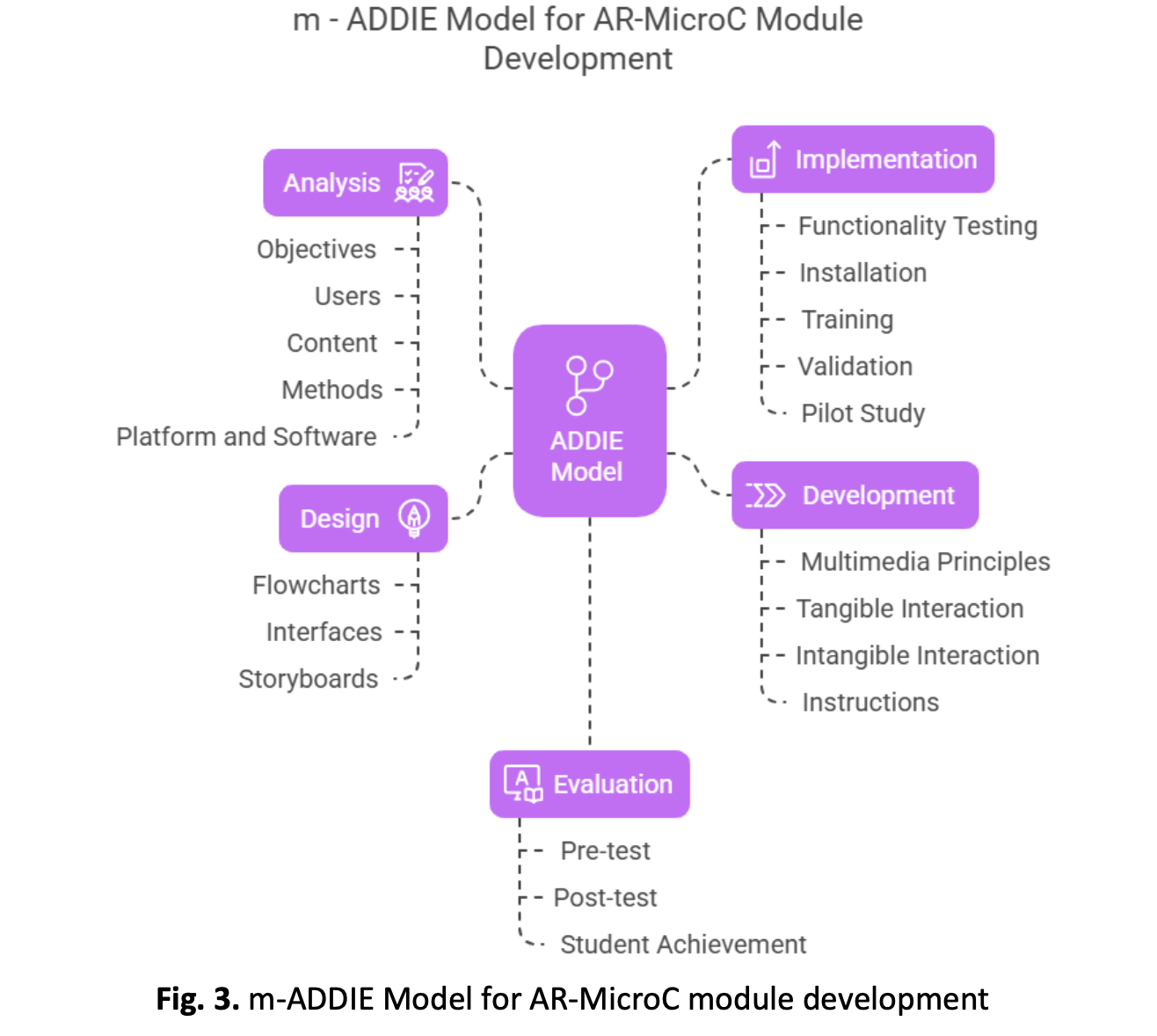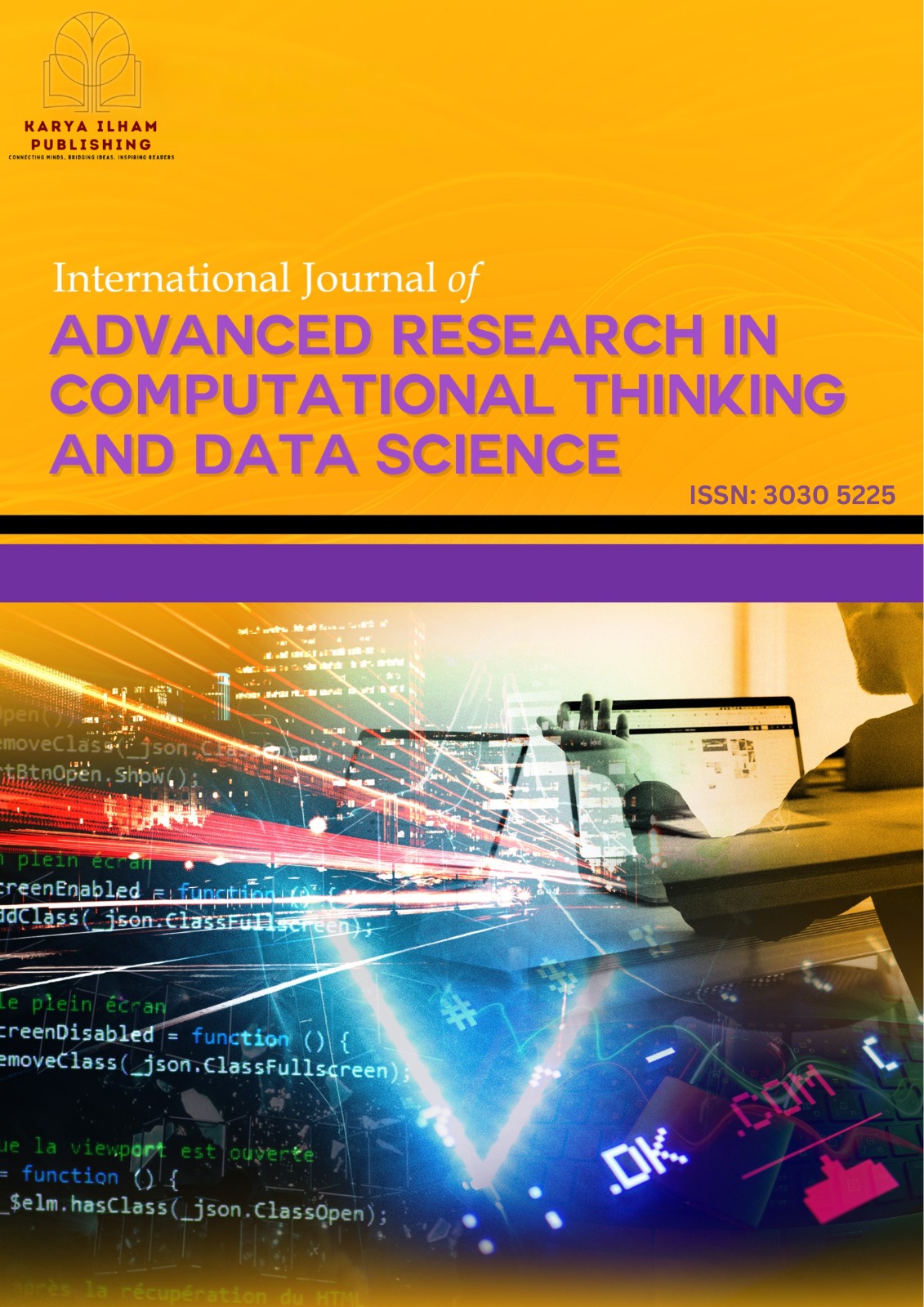Assessing AR-MicroC: A Study on the Reliability and Validity of an AR Learning Module for IoT
DOI:
https://doi.org/10.37934/ctds.6.1.1427Keywords:
Validity, reliability, learning module, augmented reality, internet of thingsAbstract
This study was conducted to determine the validity of the module and the reliability of the module in improving the achievement and motivation of Community College students in the introduction to the Internet of Things course. This module has been built based on the m-ADDIE model with five development phases. The instrument used for the study is a questionnaire on module content validity and reliability. The module was validated by 9 expert assessors, including public university lecturers and expert lecturers. They have expertise in content, language, multimedia, and technical design. The result of the expert evaluation shows that the validity value of the AR-MicroC Augmented Reality Learning Module shows a high degree of agreement which is 100% for language validity, 94% for content validity, and 91% for the validity of the multimedia and technical design of the module. The developed module also meets the aspects outlined in the course syllabus with slight improvements based on the comments made by the expert panel. The reliability of the module was obtained from 29 semester 3 students who participated in the implementation of the pilot study. The Cronbach's Alpha score obtained for reliability was 0.952. Expert opinion on the validity of this module is good. Positive feedback was received from respondents related to the reliability of the module which got a high reliability value. This finding reflects that this module can be adopted among students to improve their achievement and motivation when using AR-MicroC Augmented Reality Learning Module.














